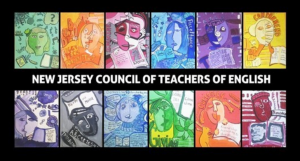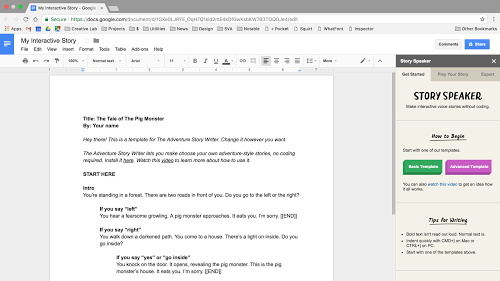NJCTE regularly offers sessions at the New Jersey Education Association Convention in Atlantic City.
Have you thought about presenting?
The call for presentations for the 2019 Convention is now open, and we want to help support NJCTE members who might be considering submitting a proposal. Join us for a Twitter chat on Monday, January 28, at 7 p.m.
Join in a conversation with experienced presenters about how to craft your proposal. And share with us what sorts of presentations you would like to see NJCTE offer at the convention. You may even find like-minded folks on the chat who want to join forces and propose a panel together.
Here are the questions we’ll be discussing:
- Think about the most beneficial PD session you’ve ever attended, what made it so helpful?
- What types of PD do you think are most beneficial for teachers?
- What educational topics do you think are important and more PD sessions need to address?
- What are some strategies for developing a successful proposal?
- What are some ways to increase engagement during PD sessions?
- How well should proposals align to the professional standards or teaching standards?
- What are some ways to make sure that PD lessons stick after the session has ended?
- Any further questions?
Please note: We’ll be following the Q1/A1 protocol during the chat. The moderator will post a question starting with Q#. Please indicate which question you are responding to by starting your response with A#, with # indicating the number of the question.
Join us on Twitter at 7 p.m. on the 28th. We’ll be tweeting using #NJCTE19 as our hashtag for the chat. We’ll also post notes from the chat on our blog, so check there if you miss us on Twitter.




